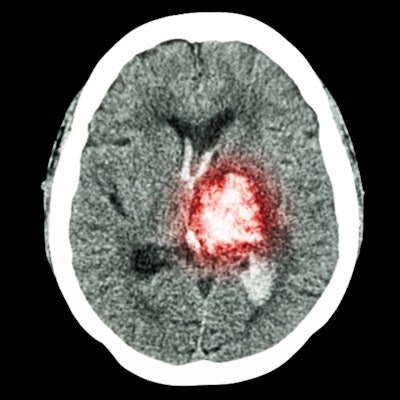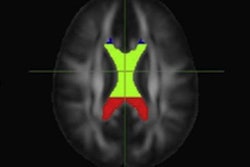
A coroner in New Zealand has found that a 57-year-old man from Auckland died from a stroke just days after doctors misdiagnosed him with a migraine, according to an article posted on 2 June by the news website Stuff.
Edwin Donald Amundsen first realized something was wrong on 12 October 2015, when he noticed "missing" words while reading a newspaper, the article noted. The next day, he visited his general practitioner complaining of sudden vision loss and persistent headache.
The practitioner suspected a brain bleed and referred Amundsen to Middlemore Hospital, where he had blood tests, a CT scan, and a chest x-ray. The initial CT scan contained subtle changes that indicated stroke, according to the coroner. However, the finding was missed, and the senior medical officer diagnosed Amundsen with a severe atypical migraine instead, the report continued.
Amundsen stayed the night at the hospital and was discharged the next day. Then, on 15 October, the senior medical officer followed up with Amundsen, who still complained of the headache and worsening vision. The officer instructed him to immediately return to the hospital, but Amundsen started vomiting and became unresponsive on the drive there, according to Stuff.
By the time he arrived at the hospital's emergency department, Amundsen had a decreased level of consciousness, weakness in his right arm and leg, and unsteady gait, the article stated. An urgent and more comprehensive CT scan revealed evidence of a stroke.
A neurologist at Auckland City hospital recommended another CT scan, which showed the stroke worsening. Amundsen died later that night.
The coroner determined stroke as the cause of death, noting that the radiologist who read the first CT scan likely missed a clinical stroke. The misdiagnosis cost Amundsen crucial time and the opportunity for early treatment, the coroner noted.
In light of the case, the coroner recommended that the Auckland health board review its specialist neurology care protocols. The board complied and found adequate referrals to neurology, but it also added a neurologist to Middlemore staff every weekday, the article concluded.



















